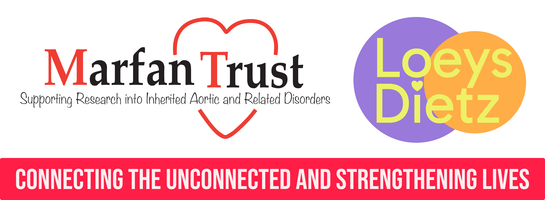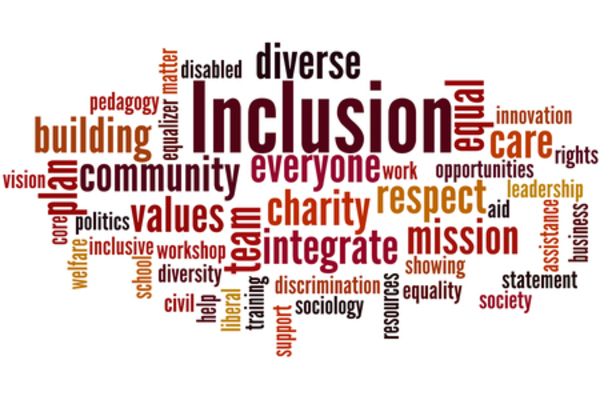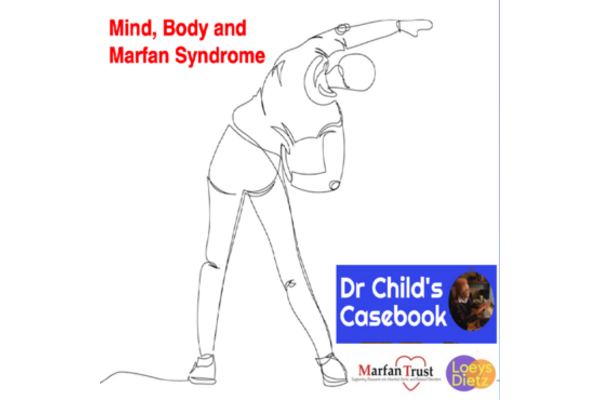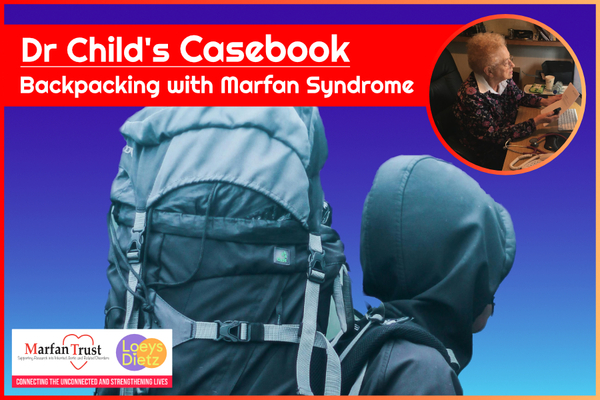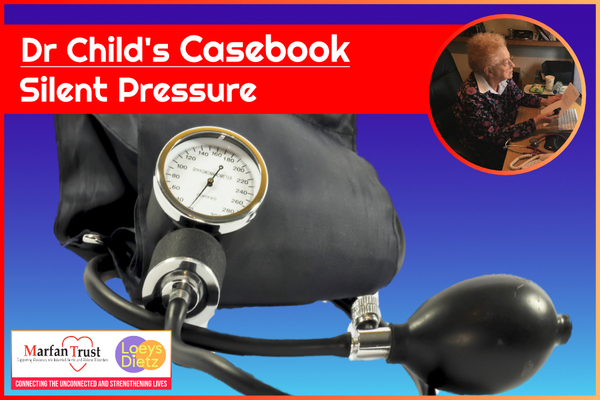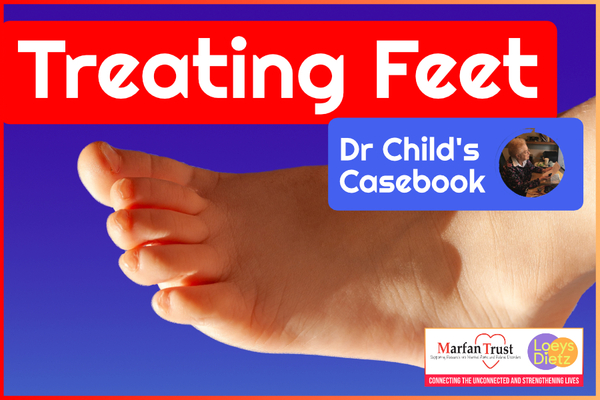Setting the scene for a utopian workplace, the Equality Act (2010) protects people from unfairness, victimisation and discrimination. Enshrined in law, the Act is all-encompassing, consolidating many prior Acts of Parliament into one. But whilst it is perfect in principle, is it always so in practice? After all, discrimination is often insidious, and sometimes inadvertent, as one Marfan syndrome patient has experienced. Left seriously fatigued by his office systems, and with chronic eye strain and sight problems he called our Helpline, after finding awareness and understanding of his Marfan syndrome wanting at work. Dr Child was on hand to dispense practical advice.
Q: Thank you for taking the time to read this message as I appreciate how busy you must be. I've been struggling a lot in my last couple of jobs with my condition mainly with the eye sight and fatigue element of Marfan and I was wondering what advice you may have? I work mainly in offices on the phones and it’s the systems that I struggle with. The lack of knowledge companies have is outstanding no matter what their policy is on disability and equality. I'm struggling to think what else I could do on transferring my skills to something less eye ball headachy!
A: There are three separate problems here, and I will try to address each.
1) Lack of Understanding/Information by Employer:
If you give us your postal address we can send information leaflets to take to your employer. Or you can download from our website. Best to arrange a meeting with your Human Resources Officer and explain clearly what problems you are having, and discuss ways the employer could offer to ease your task. This might include course on systems or tutoring, part-time work, more frequent breaks, better desk-lighting, better chair, moving to a branch nearer home, or even early retirement on grounds of ill health if you are near retirement age. May I ask your age? Do look at your contract to see what benefits are offered.
2) Eyesight:
I would advise you to contact the RNIB (Royal National Institute for the Blind) to ask for an advisor to come and assess your workplace and advise on any improvements- magnifying devices, lighting etc). They are there for all visually impaired people and have an amazing array of visual aids. Your ophthalmologist may be able to improve your eye glasses, for example, with wide-angle lenses.
3) Fatigue:
This is more complex. Factors may include;
a) long travel to work. Can you live closer?
b) poor sleep. If you wake up still feeling tired, you may have sleep apnoea (stopping breathing, then catching up) or snoring. Do you have a partner you could ask about this? If so, ask your GP for referral to a sleep clinic in your area.
c) lack of exercise in daylight. Try to get out for a half-hour walk at the peak daylight time. Winter contributes to Seasonal Affective Depression (SAD) which is very common. You may wish to order an SAD daylight lamp to turn on for half an hour in the morning (perhaps while having breakfast) . This will help until our days get longer.
4) Lockdown:
We are on our third period of lockdown and finding it more difficult to remain cheerful, but the vaccine rollout is proving very successful, so by early summer, we should be able to relax and see friends and family.
Meanwhile, FaceTime and Zoom and even telephone chats to help with isolation.
Lastly, be careful you do not lose your job. New posts are very difficult to find at present. Also you do have a network of colleagues at work- very important in lockdown. And an income!
Best to stay where you are at present, ask for an assessment of your position from RNIB and HR, make small changes to ease your job, and use information to explain your condition and your needs.
Please tell us how we can help further.
For More Information, see:
- Fatigue and Depression in Marfan Syndrome
- Marfan Trust Information Leaflets
By Dr Anne Child & Victoria Hilton
